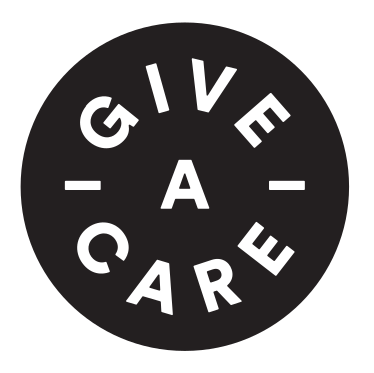Newsflash: breast cancer doesn’t only happen to ‘someone else.’ It can show up in your group chat, your family, or yep—right at the next desk over. Supporting a coworker who’s dealing with it is tricky territory: you don’t want to ghost them, but you also don’t want to turn into the HR nightmare of the year.
The good news? There are some clear dos and don’ts that will make you a better colleague, manager, or work wife. Spoiler: it’s less about inspirational quotes and more about respect.
DOS
-
Do recognize the importance of work. Going through cancer treatment on top of managing a day job can be grueling. For some, financial constraints might mean they don’t have a choice in the matter, but for others, work can provide identity, structure, purpose, and a sense of normalcy. Regardless of how close you are to them, you should encourage their contributions and honour their desire to stay engaged if they choose to.
-
Do offer support on their terms. Ask how you can help and respect their preference for assistance, whether it’s covering a meeting, taking on some of their workload, grabbing their coffee, or simply being a listening ear. Don’t push or take it personally if they decline your support, either. Their comfort comes first.
- Do respect their boundaries. Get clear on what should be communicated to others and if they're ok with keeping in touch. This could be done by email, text, Slack, or other social media channels—whatever works for them. A DM might seem impersonal, but it’s less of a disturbance, allowing your colleague to decide when the right moment is to respond. And don’t forget to always, always, always get their explicit permission before sharing any information with other team members.
- Be flexible and make accommodations. True story: since my own breast cancer diagnosis back in 2017, not a single one of my oncology appointments has ever started on time. Like, ever. I’m guessing it’s only gotten worse since then, so this is your cue to show grace and understanding if your colleague’s schedule or, yes, even their job performance is impacted by treatment and side effects.
DON’TS
-
Don’t ask invasive questions. Refrain from probing into personal matters, such as what caused their cancer or if it’s genetic, as this can feel intrusive or worse, blaming.
-
Don’t bring in HR without their consent or necessity. If you’re a manager, understand that employees are entitled to reasonable accommodations without drawing unnecessary attention to their situation. For example, I once had a manager tell me they went to HR about my taking time for oncology appointments and scans, “just to confirm company policy.” In actual fact, I was already familiar with the policy and had meticulously followed it. Which is to say that her actions felt less about genuine concern and more like my job was in jeopardy. I can’t say for sure whether she meant it that way, but still, it shattered my confidence and ultimately was an unnecessary infliction of pain. Be a better boxx.
- Don’t assume treatment is one-and-done. When I returned to work after treatment, I struggled with terrible brain fog. My short-term memory was basically mush, so I did everything I could to help mitigate it, from taking copious notes to sending voice memos to myself. Every so often, however, I’d forget something that would require my colleagues to answer my questions. Most were incredibly accommodating, but one was visibly frustrated. When I gently asked her to jog my memory, she responded with a supremely unhelpful, "We already talked about this.” I’ll never forget how humiliating and counterproductive it felt, but my point is this: every cancer patient reacts differently to treatment, and their energy or capabilities can vary wildly day-to-day, or even for years.
Also (and I can’t believe this needs to be said, but here are), even if you choose not to do a single thing to help your colleague out during their cancer diagnosis, at the very least, don’t make life harder than it already is.
Listen, you don’t need to be the Office Cancer Whisperer. You just need to be kind, respectful, keep your foot out of your mouth, and trust that even small gestures matter more than you think. At the end of the day your coworker will remember the way you showed up during this time way more than they’ll remember the Q4 budget meeting. Be the person who made their work life suck less. — Aya McMillan
Aya McMillan is a Key Collaborator for Rethink Breast Cancer. Since her IDC diagnosis in 2017, Aya has supported the community through fundraising, peer mentoring, and sharing her story in research papers, panels, blogs, and interviews — all in the hope of making the next girl’s cancer journey a little more bearable.



